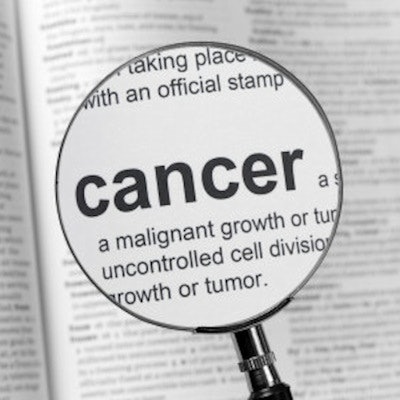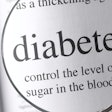
The COVID-19 pandemic has resulted in a dramatic reduction in cancer screening exams -- from breast and cervical to colorectal and lung -- and this phenomenon could translate into excess cancer-related deaths in years to come, according to a report released February 3 by the President's Cancer Panel.
Underutilization of cancer screening is a serious problem, wrote Dr. John Williams of George Mason University in Gainesville, VA; Dr. Edith Mitchell of Thomas Jefferson University in Philadelphia; and Robert Ingram of Hatteras Venture Partners in Durham, NC, in a letter to President Joe Biden included in the report.
"Gaps in cancer screening uptake -- both before and during the pandemic -- mean that too many Americans are enduring aggressive treatment for or dying from cancers that could have been prevented or detected at earlier stages," the panel wrote. "These gaps exacerbate the already heavy burden of cancer experienced by many communities of color, socially and economically disadvantaged populations, and families with hereditary cancers."
The report described the nature of the problem of reduced cancer screening, emphasizing the necessity for robust screening programs -- in particular, for breast and lung cancer.
"Despite the established benefits of cancer screening, there are significant gaps between recommended screening and screening uptake," the group noted. "Rates are particularly low for lung cancer, in large part because screening has only been recommended since 2013 ... [and] while rates of breast and cervical cancer screening are higher, they have plateaued over the past 20 years, leaving many without the benefits of screening. Furthermore, many people at high risk for cancer due to their personal or family history are not being identified or offered appropriate high-risk screening."
The panel presented results from an investigation it conducted of cancer screening reductions, identifying four goals for boosting screening uptake.
Improve cancer screening communication. "The public and healthcare providers alike need accurate, digestible, and actionable information about cancer screening," the panel wrote. It suggested that both large and small organizations craft communication efforts focused on cancer screening, and that national roundtables be formed/supported to address gaps in cancer screening.
Enable equitable access to cancer screening. Patients often cite inadequate access to screening as a key barrier; this lack of access may combine with other factors such as fear of potential diagnoses, cultural beliefs or norms, lack of trust in doctors or healthcare systems, or structural racism, according to the panel. One solution could be developing community-tailored outreach and support for cancer screening using community health workers. "Community health workers have invaluable expertise on the culture and life experiences of their communities, making them effective liaisons between those communities and healthcare systems," the group asserted.
Make cancer screening and risk assessment collaborations stronger. How? One good first step would be for the U.S. Centers for Medicare and Medicaid Services (CMS) to modify its coverage requirements so that a wider variety of healthcare providers can support patients to get screened, Williams, Mitchell, and Ingram wrote. Using CT lung cancer screening as an example, the panel urged CMS "to allow additional members of physician-led healthcare teams to conduct shared decision-making for lung cancer screening." The group also suggested that access to genetic testing and counseling for cancer risk be expanded, in part by making legislative changes so that genetic counselors would be recognized as healthcare providers.
Develop health IT that supports cancer risk assessment and screening. "Health information technology has potential to help providers, patients, and healthcare systems quickly access and effectively use clinical knowledge and patient-specific data," the panel noted. The authors urged cancer screening and risk assessment guidelines to be digitized in a way that the public could make better use of this information, and clinical decision support tools to be standardized across electronic health record technology and healthcare and research funding organizations.
Working toward these goals will help "optimize cancer screening through better communication about cancer risk and screening, enhanced access to care, and more efficient application of evidence-based screening guidelines," according to Williams, Mitchell, and Ingram.
"[We urge] all stakeholders -- healthcare providers, healthcare systems, payors, community and patient advocacy organizations, government agencies, and individuals -- to work together to close gaps in cancer screening and ensure that the benefits reach all populations," they concluded.



















